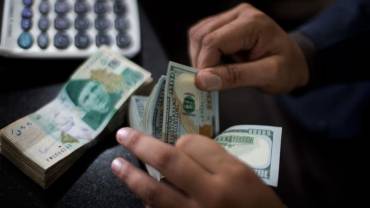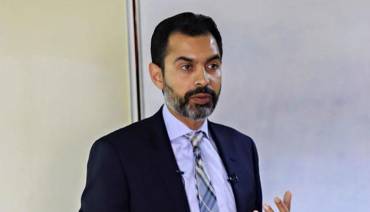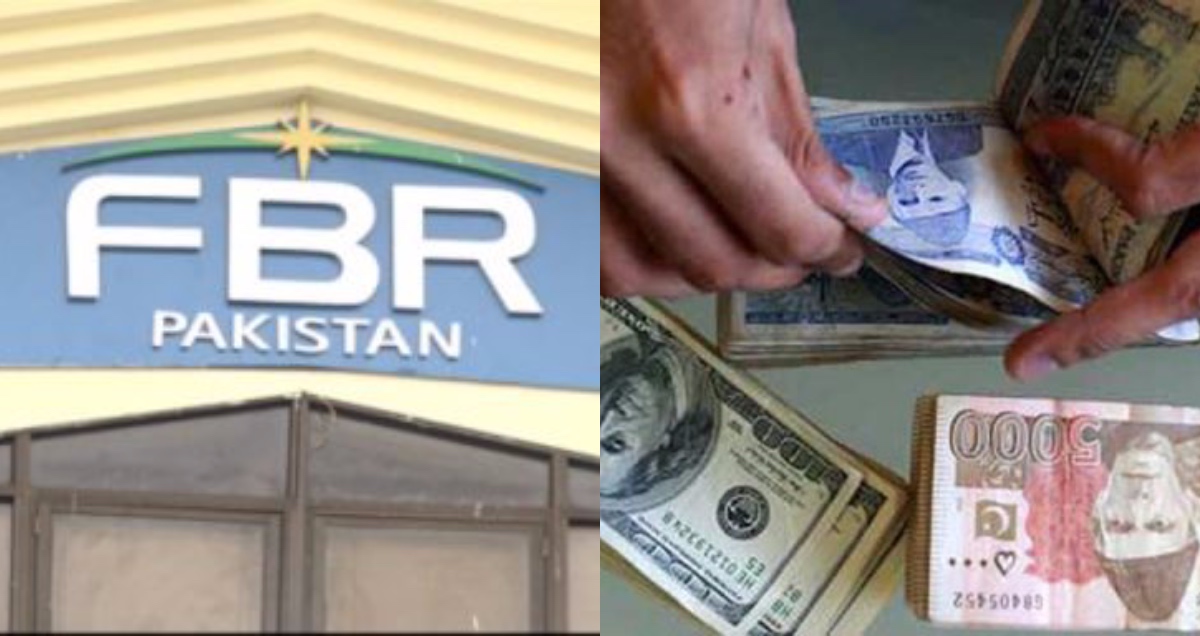Ever since the era of the PTI government began, the financial crises are soaring. Currently, the current account deficit of Pakistan drops to 73% to $579 million in the month of July. Particularly because the government is following tough measures of the International Monetary Fund (IMF).
According to the State Bank of Pakistan (SBP), the current account deficit remained at $2.13 billion in July, a fiscal month, 2018.
The 39-month IMF loan program that the government started in July and under International Monetary Fund (IMF) bailout program led to an improvement in imports and exports. The International Monetary Fund (IMF) loan scheme binds the Pakistani government to begin structural amelioration. Reforms included high interests rates, which stood 8 years high around 13.25% devaluation in Rupee that drop to 32% to Rs160 to the US dollar. Besides, it contains, high power and gas tariffs to get around Rs5.55 trillion for the current fiscal year along with other drastic measures that shall soar the economy of Pakistan.



Source: Al Jazeera
Besides, when the government made it necessary to collect the copy of Computerised National Identity Cards (CNICs) in micro and macro level of businesses, the Imports dropped significantly in July 2019. This measure is also designed to increase the tax by increasing tax filers.
Arif Habib Limited Head of Research Samiullah Tariq to a private news channel said, “The colossal contraction in the deficit came on the back of…26% drop in imports and 11% improvement in exports.” He further said, “Implementation of the (tax) policy has significantly impacted imports,” Tariq remarked. “Hike in key interest rate also helped slash imports.”
“Government crackdown on smuggling will help it achieve the tax collection target (of Rs5.55 trillion),” he said. On the other hand, “exports surged after the authorities let the rupee depreciate significantly,” he added.
“The significant drop in the current account deficit in July seems sustainable,” he said, adding that the implementation of the CNIC condition at wholesale and retail levels and a crackdown on smuggling would further improve import and export numbers,” he said.
Moreover, the grant of incentives to exporters like provision of subsidized electricity and gas, tax rebate on export growth of up to 6% and a notable increase in food exports also played an important role in increasing shipments from the country, he remarked.
The government has aimed to hold the fiscal year 2019-20 current account deficit at $6.5 billion, as concurred with the International Monetary Fund (IMF). In the last fiscal year, the current account deficit remained at $13.5 billion.
While speaking at Pakistan’s Independence Day conclave on August 14, SBP Governor Reza Baqir, asserted that Pakistan had chosen the right path in restoring the weak economy; the government’s plan has started giving benefits.



Source: Mettis global news
He said, “If we continue our journey with consistency in the direction we have taken, then we will definitely achieve the destiny of progress and prosperity.”
“Consistency in our policies is our biggest challenge. If there is continuity in policies, I have no doubt that our future is bright,” the governor of the State Bank of Pakistan (SBP) added.















